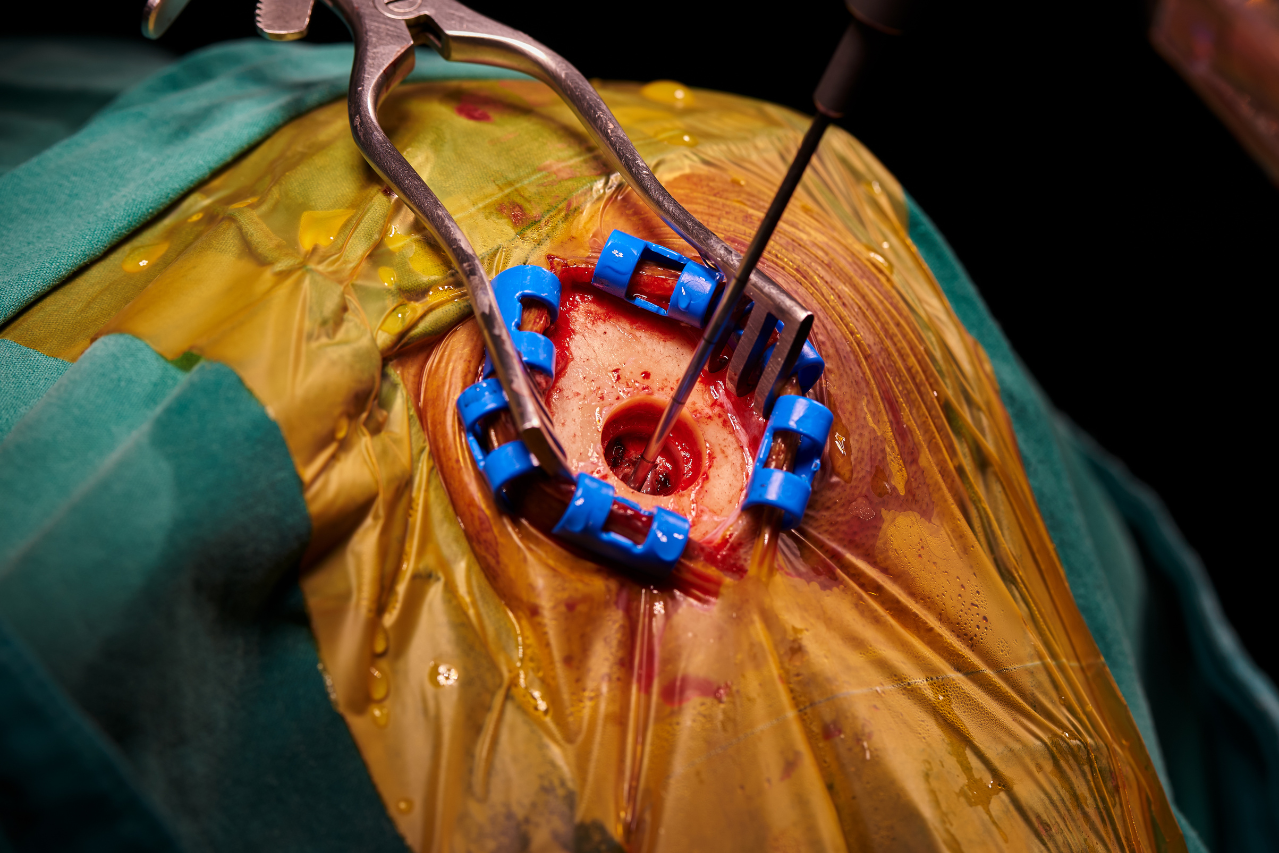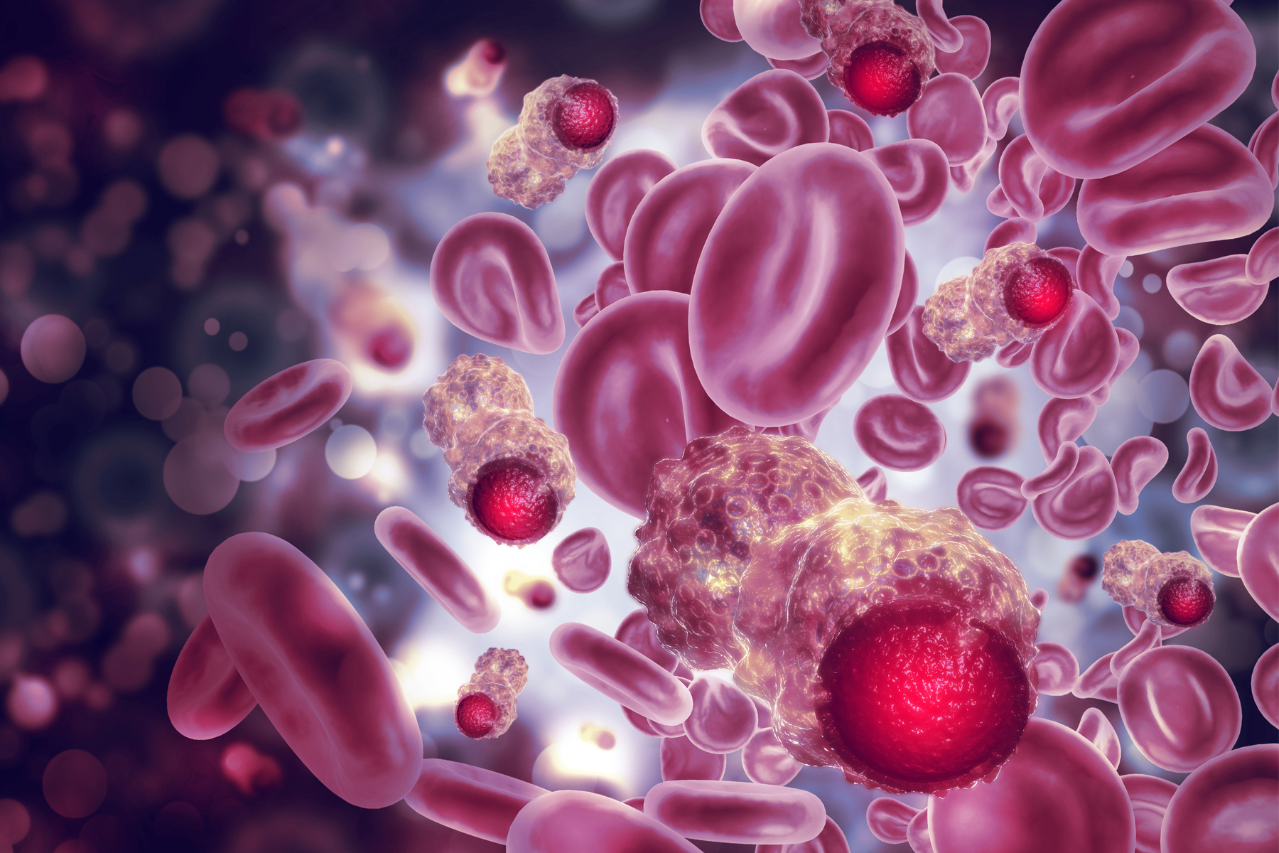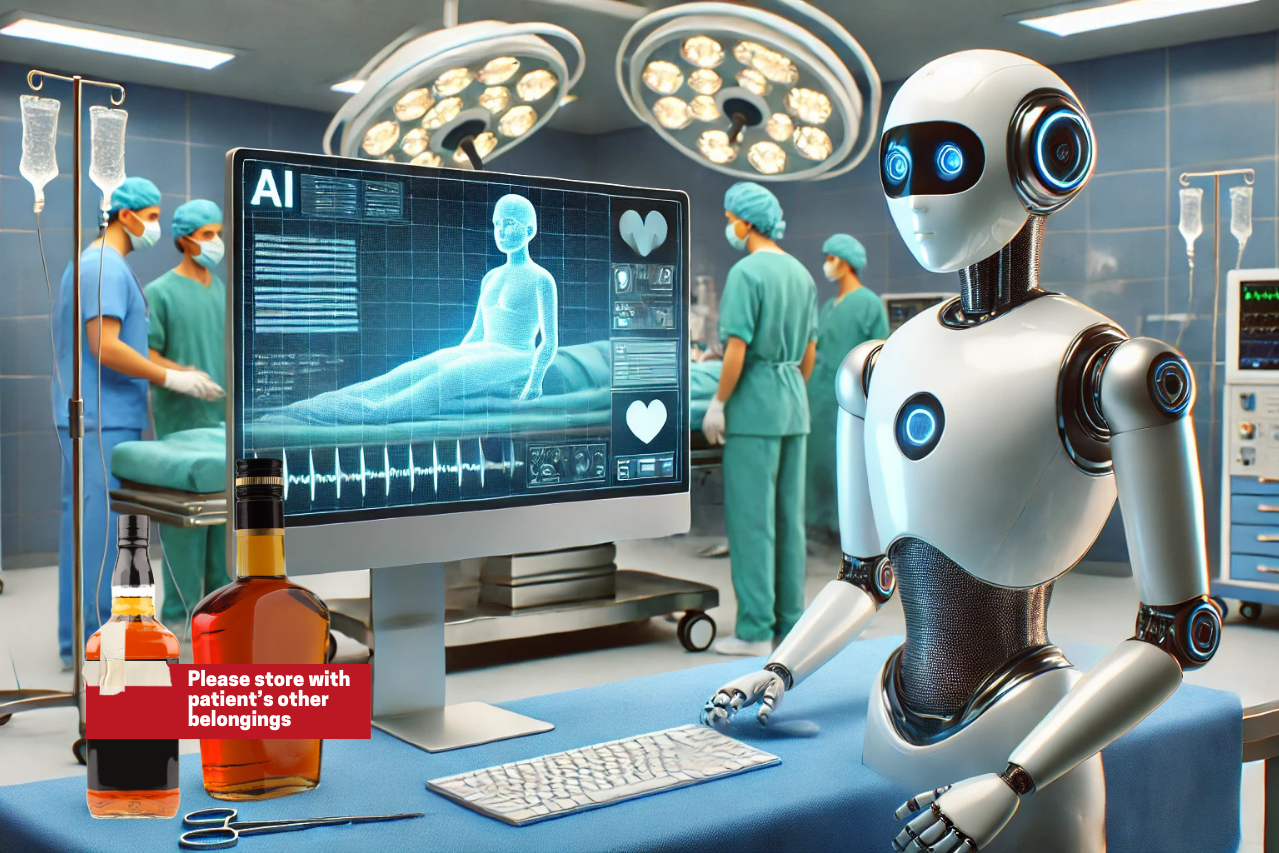Artificial intelligence (AI) has made significant strides in improving the accuracy and efficiency of biopsy analysis, a critical component in diagnosing cancers and other diseases. Several companies are at the forefront of this innovation, developing AI-powered tools and platforms that enhance the precision of traditional biopsy analysis and enable more accurate liquid biopsies. These companies are using advanced machine learning algorithms and large datasets to revolutionize pathology and cancer diagnostics, enabling earlier detection and more personalized care.
PathAI
Overview: PathAI is one of the most prominent companies in AI-driven pathology. The company uses machine learning algorithms to improve the accuracy and speed of pathology diagnosis, particularly in cancer detection. PathAI’s platform is designed to assist pathologists by analyzing biopsy slides and identifying features that indicate malignancy, such as abnormal cell shapes, irregular tissue architecture, and other subtle changes that may be difficult to detect with the naked eye.
Technology: PathAI’s machine learning models are trained on massive datasets of digitized pathology slides, which include both benign and malignant samples. The AI system can evaluate tissue samples faster than human pathologists and with greater consistency, reducing diagnostic variability. This is particularly useful for detecting early-stage cancers, where cellular changes can be subtle and easily overlooked.
Notable Achievements: A study published in JAMA Oncology demonstrated that PathAI’s platform significantly improved the accuracy of biopsy analysis in detecting breast cancer. The AI-powered system was able to identify cancerous cells missed by human pathologists, particularly in early-stage cancers. PathAI’s technology has the potential to be applied to various cancers, including head and neck cancers, improving the consistency and accuracy of cancer diagnosis .
Collaborations: PathAI has partnered with leading healthcare institutions, including the Dana-Farber Cancer Institute and pharmaceutical companies such as Bristol-Myers Squibb, to integrate its AI-powered pathology tools into cancer research and clinical practice. These partnerships aim to enhance the accuracy of cancer diagnoses and improve the development of personalized treatment strategies.
2. Paige.AI
Overview: Paige.AI is another leading company focused on AI-powered pathology. The company’s AI platform is designed to help pathologists detect cancers in tissue biopsies with greater precision and speed. Paige.AI’s solutions focus on enhancing the diagnostic process by integrating AI into the clinical workflow, allowing pathologists to make more accurate and confident diagnoses.
Technology: Paige.AI’s algorithms are built on one of the world’s largest datasets of pathology slides, digitized and annotated to help train AI models to detect patterns associated with cancer. The platform can analyze tissue samples from various organs, including the breast, prostate, and gastrointestinal tract, and provide insights into cancer staging and prognosis.
Notable Achievements: In 2021, Paige.AI became the first company to receive FDA approval for its AI-powered pathology product, Paige Prostate, which assists pathologists in detecting prostate cancer in biopsy samples. The system’s ability to flag cancerous tissue for further review by pathologists has proven to enhance diagnostic accuracy and efficiency. Paige is also developing AI solutions for other cancers, including head and neck cancers, using its extensive datasets and machine learning models.
Collaborations: Paige.AI has formed strategic collaborations with Memorial Sloan Kettering Cancer Center (MSKCC) to leverage MSKCC’s vast pathology datasets. These collaborations aim to improve cancer detection accuracy across a wide range of cancers, including those that affect the head and neck region.
3. Google Health (DeepMind)
Overview: Google Health, through its subsidiary DeepMind, is actively involved in using AI to improve cancer diagnosis, including enhancing biopsy accuracy. DeepMind’s expertise in machine learning and neural networks has been applied to medical imaging and pathology, aiming to identify subtle signs of cancer and improve early detection.
Technology: DeepMind’s AI algorithms are trained on large datasets of pathology slides, imaging scans, and genetic data. The AI models can detect early-stage cancers in biopsies by analyzing cellular patterns and tissue architecture. In head and neck cancers, where early detection is crucial for effective treatment, DeepMind’s AI tools have demonstrated high accuracy in identifying early malignancies that may be missed by human pathologists.
Notable Achievements: A study published in Nature highlighted how DeepMind’s AI algorithms could improve breast cancer detection in mammography. Similar advances are being made in biopsy analysis, where AI models are trained to detect subtle cancerous changes in tissue samples. The algorithms are especially effective in identifying early-stage tumors, which are critical for improving patient outcomes.
Collaborations: DeepMind has partnered with leading research institutions and hospitals, including the NHS in the UK, to deploy its AI technologies in real-world clinical settings. The goal is to integrate AI-powered diagnostic tools into everyday pathology workflows, improving biopsy accuracy for cancers such as those affecting the head and neck.
4. Ibex Medical Analytics
Overview: Ibex Medical Analytics is a pioneering company that develops AI-powered cancer diagnostics tools for pathology. Ibex’s platform, known as Galen, uses machine learning to assist pathologists in detecting cancer across various tissue samples, improving diagnostic accuracy and workflow efficiency.
Technology: Ibex’s AI technology is trained on thousands of pathology slides, helping the system learn to identify cancerous cells, tumor margins, and other diagnostic features. The Galen platform is used in multiple applications, including breast cancer, prostate cancer, and gastrointestinal cancers, with plans to expand into other areas like head and neck pathology.
Notable Achievements: In 2020, Ibex’s Galen Prostate solution became the first AI-based cancer diagnostic tool to be deployed in routine clinical practice. A study published in The Lancet Digital Health demonstrated that Ibex’s AI-powered system improved prostate cancer detection accuracy and reduced diagnostic errors. Ibex’s AI algorithms are now being applied to other cancers, including head and neck cancers, helping pathologists detect subtle cancerous changes in tissue samples earlier than traditional methods.
Collaborations: Ibex has partnered with pathology labs, hospitals, and cancer centers worldwide, including Maccabi Healthcare Services in Israel, to deploy its AI-powered tools in clinical settings. These collaborations aim to integrate AI-driven pathology into routine practice, improving diagnostic accuracy and patient outcomes.
5. Guardant Health
Overview: Guardant Health is a leading company in liquid biopsy technology, using AI to analyze blood samples for circulating tumor DNA (ctDNA) and other cancer-related biomarkers. Liquid biopsies offer a less invasive alternative to traditional tissue biopsies, and AI-powered analysis enhances the accuracy of detecting cancer at early stages.
Technology: Guardant Health’s AI-driven platform analyzes ctDNA from blood samples to detect genetic mutations associated with cancer. The system can identify small traces of tumor DNA, even in cases where the tumor is difficult to access through traditional biopsy methods. Guardant Health’s platform is particularly useful in monitoring cancer recurrence and progression, offering real-time insights into tumor evolution.
Notable Achievements: A study published in Nature Medicine found that Guardant Health’s AI-powered liquid biopsy platform was highly sensitive in detecting early-stage cancers, including head and neck cancers. By analyzing ctDNA, the system can detect cancer before it becomes visible on imaging scans, offering a non-invasive alternative to traditional biopsies.
Collaborations: Guardant Health has partnered with pharmaceutical companies and research institutions to expand the use of AI-driven liquid biopsies in cancer care. These collaborations aim to improve early cancer detection and personalized treatment strategies, particularly for hard-to-reach cancers like those in the head and neck.
AI is playing a transformative role in enhancing biopsy accuracy, helping pathologists detect cancers earlier and with greater precision. Companies like PathAI, Paige.AI, Google Health, Ibex Medical Analytics, and Guardant Health are leading the charge in developing AI-powered tools that improve traditional tissue biopsy analysis and enable the use of non-invasive liquid biopsies. These advancements are not only improving diagnostic accuracy but also enabling personalized treatment strategies, ultimately leading to better patient outcomes.
As AI technology continues to evolve, its role in enhancing biopsy accuracy and cancer diagnosis will become increasingly critical, revolutionizing the way clinicians detect and treat cancers, including head and neck cancers.
Sources:
- “AI-Assisted Pathology in Biopsy Analysis,” JAMA Oncology, 2020.
- “AI-Powered Liquid Biopsy for Early Cancer Detection,” Nature Medicine, 2019.
- “FDA Clears First AI Tool for Prostate Cancer Detection,” FDA Press Release, 2021.
- “Ibex’s AI-Powered Pathology in Clinical Practice,” The Lancet Digital Health, 2020.
- “AI in Predicting Tumor Aggressiveness in Oral Cancers,” The Lancet Oncology, 2020.




